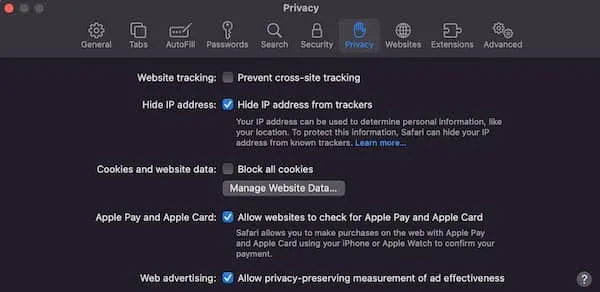
Mapping Functional Connectivity in the Brain presented by Gulgun Sengul, MD on December 20, 2024 at 12:00pm Eastern time
CLICK HERE for more details and to register
1 CE credit is available for purchase when webinar is attended live in its entirety. To purchase CE credit, CLICK HERE.
Understanding the intricate network of connections within the human brain is essential for unraveling the complexities of neural function and dysfunction. These connections, known as functional connectivity, refer to the temporal correlation between spatially remote neurophysiological events, reflecting how different regions of the brain communicate and coordinate to perform various tasks. Mapping these connections allows researchers to visualize and quantify the dynamic interactions that underlie cognitive processes, sensory perception, and motor functions.
This presentation, titled “Mapping Functional Connectivity in the Brain,” aims to provide a comprehensive overview of the methodologies and implications of studying functional connectivity. We will delve into the techniques used to measure and analyze these connections, and discuss their significance in both healthy brain function and in the context of neurological and psychiatric disorders. By exploring how alterations in functional connectivity can lead to various pathologies, we will highlight the importance of this field in advancing our understanding of the brain and developing targeted interventions.

